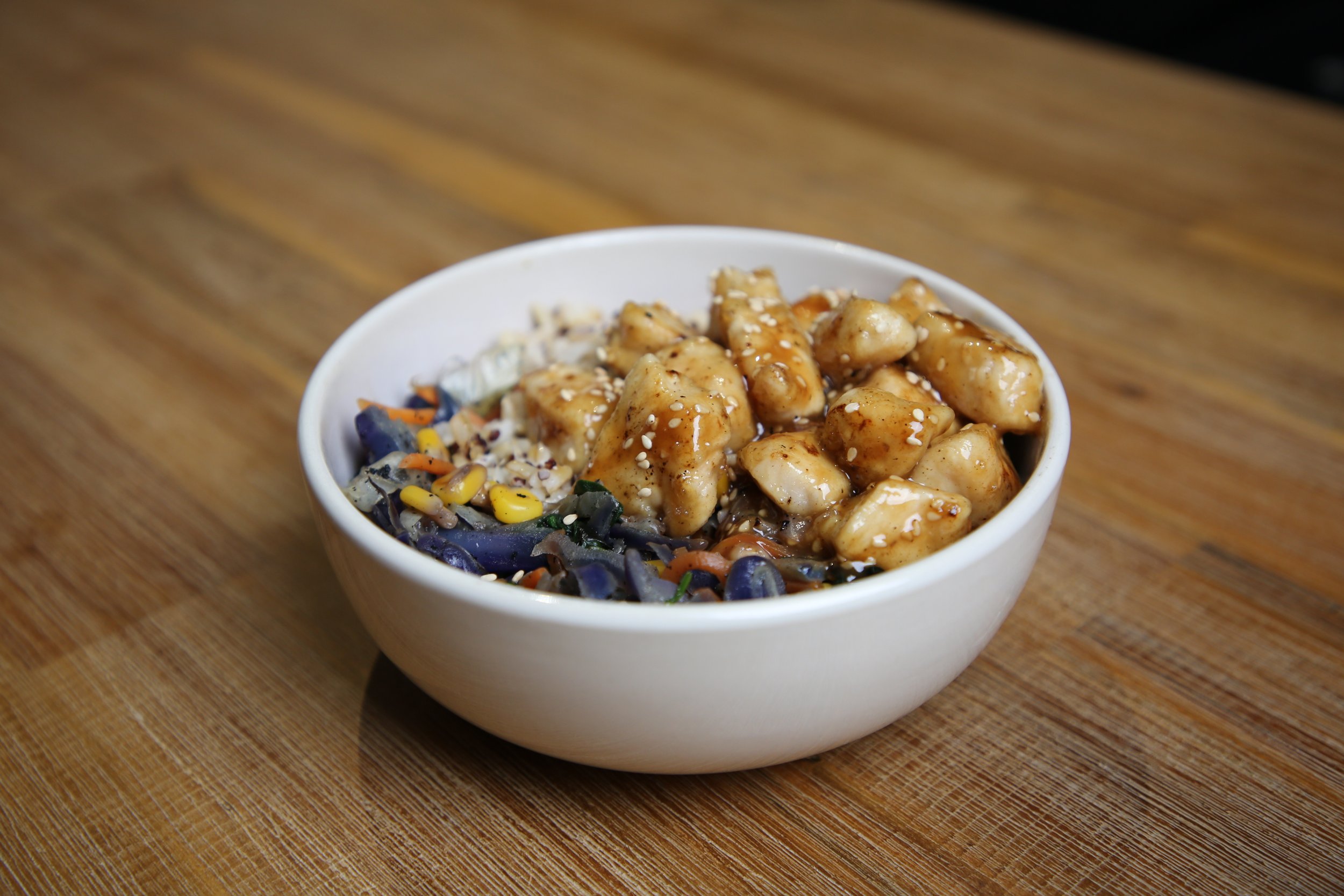Endurance Sports Nutrition
Endurance sports involve prolonged efforts, typically exceeding an hour. Popular endurance sports encompass running, swimming, cycling, and multisport events like triathlons.
Why is nutrition important in endurance sports
A poor nutrition plan can lead to:
Slow recovery from workouts or games.
Unwanted weight gain due to excessive calorie intake.
insufficient fuelling to support the event and compromise performance.
Dehydration and electrolyte imbalances.
Nutritional imbalances during ultra-endurance events.
Challenges in nutrition supply due to logistical issues.
Reduced training benefits from suboptimal nutrition matching training plans and goals.
Deterioration in the power-to-weight ratio.
Increased risks of overtraining and injury.
Higher risk of Relative Energy Deficiency in Sport (RED-S), which can affect bone health, immune function, and hormones.
Greater likelihood of an overall unhealthy diet, leading to poor health outcomes.
A proper nutrition plan should be:
Nutritionally complete to prevent deficiencies and health issues.
Aligned with the energy demands of daily activities.
Adapted with periodisation strategies to enhance training quality and adaptation, in line with a progressive training program.
Include sweat tests and hydration strategies.
Equipped with a recovery plan to replenish glycogen stores and restore hydration balance.
Proactive in preventing and managing injuries.
Health-focused, as sacrificing health for performance often leads to lost time due to illness and injury.
Enjoyable and flexible, allowing for a balanced lifestyle and social interactions while pursuing performance goals.
Smart in using supplements to mitigate health risks, prevent contamination, and avoid unnecessary expenses while maximising result.
Why working with a dietitian?
Dietitians are medically-trained nutrition professionals, and the only professional that is qualified to provide individual dietary consultation at the moment (Click here to read about dietitian and nutritionist). Dietitians are trained to provide medical nutrition therapy and one-to-one personalised dietary advice. We take in consideration of one’s lifestyle, dietary habits, preference and goals to tailor our nutrition strategies.
Sports dietitians are further trained in sports nutrition to provide advice to people at any level of activeness to maintain health and wellbeing while achieving their potentials and goals.
The topics dietitians might talk to you about:
Physiology of your endurance sports
Energy and calorie balance
The role of carbohydrates and other fuel sources in endurance sports
Carbohydrates and other nutrition needs before, during and after training and an event
Hydration, sweat and electrolytes
Gut tolerance and gut training
Nutrition periodisation method to enhance performance/training outcome/adaptation
Nutrition, nutrient supplements and ergogenic aids that suits your health and goals
Practical tips to implement nutrition principles into everyday eating
What does working with Timeless Dietetic dietitian look like?
-
You will be invited to fill in a survey before the consults, including your health history, family history, current situation, goals
For elite athletes: You might be asked to provide a training program, body composition assessment (if available) and food diary
-
Discuss and understand your goals, living situation, lifestyle, potential motivators and barriers.
Perform assessment on health indicators, training schedules and goals, usual dietary intake.
Provide professional feedback on your diet, and identify areas that can be improved to help achieve your goal.
Discuss the most relevant nutrition topic that can help with the current situation and those you are interested in.
In collaboration with you, set small but impactful nutrition goals, homework and challenges.
Recommend what else you can do in the future and a recommended review timeframe if you would like to continue.
Provide you with a tailored nutrition information package to takeaway.
-
Review the effectiveness and practicality of previous goals/homework/challenges.
Review and track any progress indicators.
Reassess any changes in health indicators, training and dietary intake.
Discuss the most relevant nutrition topics and those you are interested in.
In collaboration with you, adjust the previous intervention that did not work well or develop a new strategy.
In collaboration with you, develop new strategies to improve your health and progress.
Provide you with a tailored nutrition information package to takeaway.



































